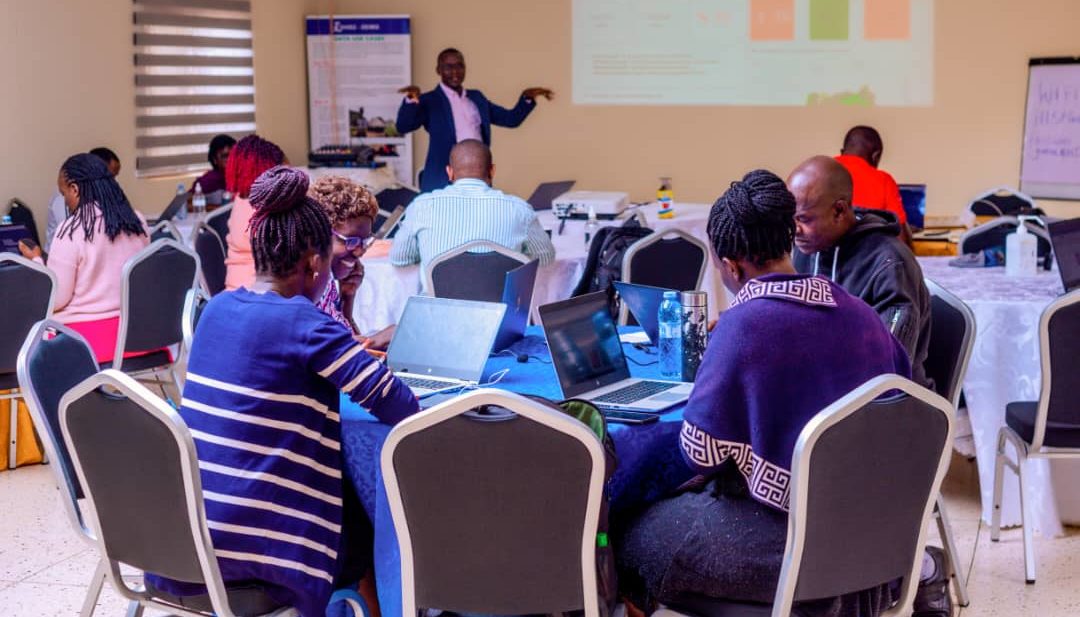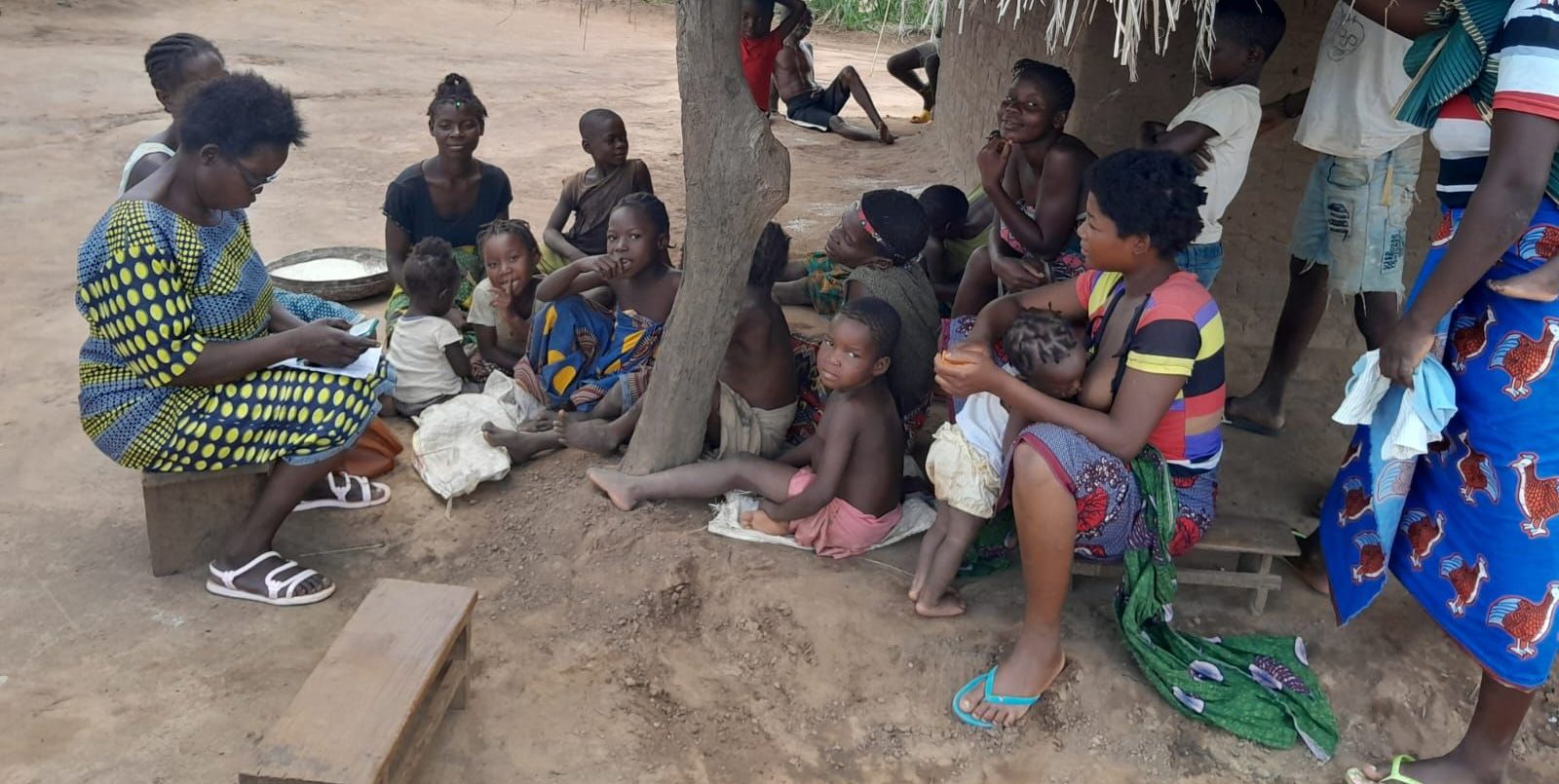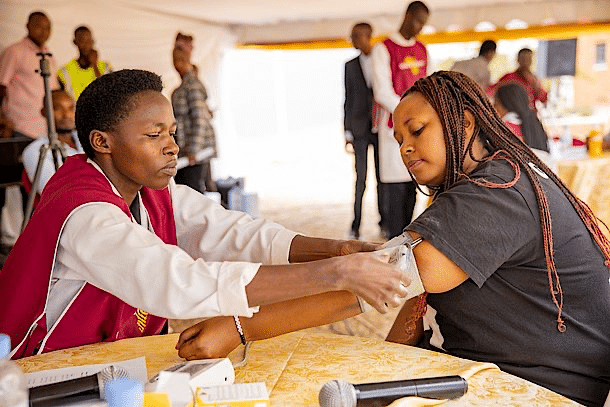Improving longitudinal monitoring of childhood vaccinations in the Maldives
The Maldives uses DHIS2 as an Electronic Immunization Registry, helping to register and verify vaccinations for newborn children across almost 190 islands and catalyzing digitalization across the health sector
The Maldives is an island nation in South Asia. It consists of 1,192 islands located in the Indian Ocean, with a total population of over 500,000 people spread out across 188 inhabited islands. This geographically dispersed population has caused some challenges for the Maldives’ public health system, as paper records could easily get lost or created in duplicate as people move from one island to another. Childhood vaccinations are one specific area where this has caused challenges. All children in the Maldives are required to have up-to-date routine vaccinations before starting school, but the country’s prior system of record-keeping — which included paper vaccination books and forms coupled with Excel and Google spreadsheets — made it difficult to monitor vaccination program completeness, control data quality, and verify an individual child’s vaccination status, especially when a single child may obtain vaccination from multiple facilities.
To address this, the Ministry of Health (MoH) decided to launch a nationwide Electronic Immunization Registry (EIR) using DHIS2 Tracker. Their system – which is based on the DHIS2 for Immunization toolkit developed by the HISP Centre with support from Gavi – was implemented in 2022 with technical support from WHO consultants and HISP Sri Lanka and funding from WHO and UNICEF. In the first year since launching the system, more than 96% of newborn children nationwide were registered in the EIR with updated vaccination records, and the system is in active use at 70% of the country’s health facilities, including all birthing facilities. The MoH has also made progress adding children born in previous years into the system. The rollout of a DHIS2-based EIR supports the Maldives’ goal of having an electronic record that facilitates longitudinal tracking and verification of routine immunizations that can be easily accessed and updated across the country’s many islands.
Addressing challenges for immunization managers – and clients
It is very common in the Maldives for a child to be vaccinated in multiple facilities due to internal movement between islands for accessing health care. For example, a child may be given their first dose of a vaccine in their birth facility on the capital island, while the rest of their vaccines may be administered in the child’s resident island. Prior to the introduction of DHIS2, health workers in the Maldives were recording and maintaining immunization data manually using paper forms, Microsoft Excel and Google Sheets. For national-level immunization program managers, this made tracking immunization completeness, as well as monitoring data quality, a challenge. The accessibility of past vaccination records was also limited due to missing data, or difficulty accessing data where it was available.
This system also caused challenges for children and their parents. The laws of the Maldives stipulate that a child should be up to date with their routine vaccinations before they can be enrolled in formal schooling. The document used as the proof of routine vaccine completion is the paper-based “Child Health Record” book. While each parent is given a copy of this book at time of the initial birth vaccination, and the subsequent administered vaccines are regularly updated in this book, situations can occur where a child’s book is misplaced or lost. In such cases, it is a challenge for the parents and the health facilities to search, verify and update a child’s full vaccination record (especially when multiple vaccination centers on different islands are involved).
Hence, one of the key reasons why the EIR was introduced was to provide a solution to tackle this long-standing issue of real-time longitudinal tracking and verification of a child’s vaccination record, as well as to provide immunization program managers with oversight over the vaccination status at the population level.
Implementing DHIS2 with global resources and expert support
DHIS2 was first introduced in the Maldives in 2017 with the support of HISP Bangladesh. This Health Management Information System (HMIS) is used at all of the country’s over 190 health facilities to report routine health data, but prior to the deployment of the EIR, no individual patient records were entered or maintained in DHIS2 – the HMIS was only used to collect and report aggregated health data on a monthly basis.
The EIR implemented in the Maldives is based on the DHIS2 EIR Tracker metadata package, which offers a best-practice configuration for implementing immunization records for individual patients in DHIS2. The EIR package was developed by the core DHIS2 team at the HISP Centre with financial support from Gavi, and is freely available for countries to download, adapt, and use. In the Maldives, this generic package was customized to fit the country’s specific EIR reporting and recording workflow. Its implementation was a collaborative effort between the Ministry of Health – including the National Immunization Program of the Health Protection Agency – and consultants from WHO and HISP Sri Lanka who provided technical support, with financial support from WHO and UNICEF, and additional technical assistance from the HISP Centre. The country’s vaccination centers also played a key role in supporting and advocating for the national rollout of the EIR.
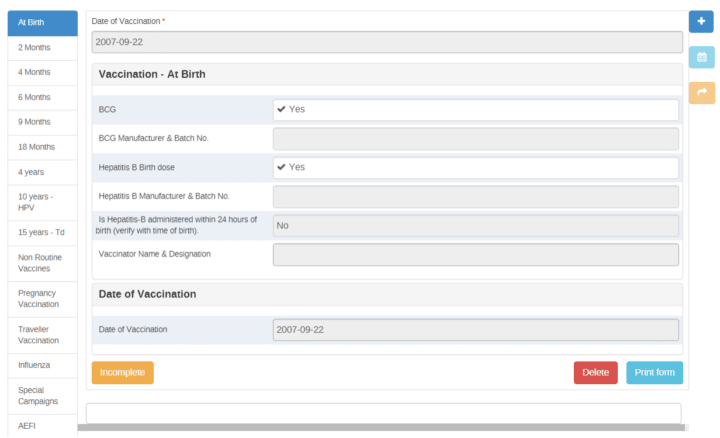
After more than ten months of work, the Maldives officially launched the DHIS2-based EIR in October 2022. During the span of the next ten months, the National Immunization Program made remarkable progress in scaling up the use of the system. Focal points at more than 70% of vaccination centers across the country were trained and became active users of the EIR, including at all birth facilities across the country. This resulted in more than 96% of live births in 2023 being registered, along with their vaccination records, in the EIR. In terms of legacy data, more than 17,100 children – including more than 50% of all children born between the years of 2020 to 2022 – were entered into the system during this time. Efforts are ongoing to identify the missing children born in the past three years by triangulating with the national birth registration system and proactively encouraging facilities to update these children’s records in the system.
Following its successful implementation, the Maldives’ DHIS2-based EIR has achieved the MoH’s goal of facilitating the longitudinal tracking of children’s vaccination status from birth and providing a solution for verifying previous vaccinations, including vaccines that were administered in multiple facilities across the country.
Evolving the EIR to include new programs & client-focused solutions
While the focus of the EIR was originally to capture childhood vaccination, the system has already evolved to incorporate several other vaccination-related programs, including mass vaccination campaigns – implemented to support a nationwide measles vaccination campaign in 2023 for people of all ages – traveler vaccinations, monitoring Adverse Events Following Immunization (AEFI) with integration between DHIS2 and Vigiflow, and the reporting of vaccine preventable diseases (VPDs). As of late 2023, the MoH team is working on scaling up the use of these additional modules.
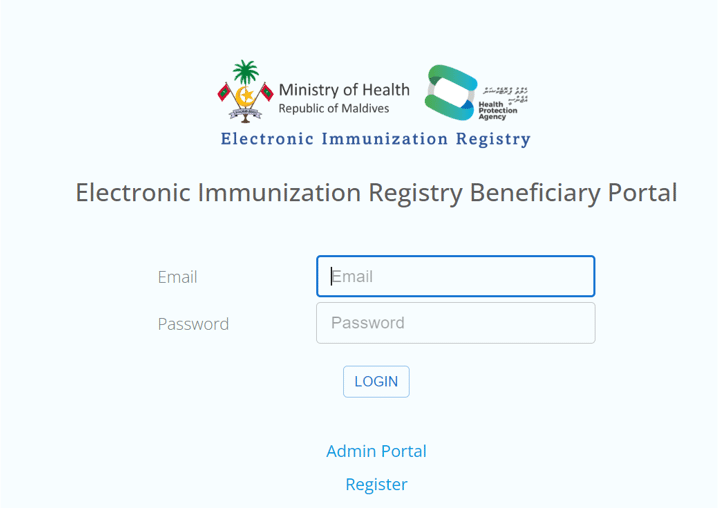
The childhood vaccination component of the EIR has also been enhanced by the development of a beneficiary portal, which is intended to be used as a public portal by registered parents or guardians to access their child’s vaccination records, including a digitally verifiable vaccination certificate. This portal will help solve the problem of lost or misplaced “Child Health Record” books, by making it possible to verify a child’s vaccination status instantly from any part of the country.
“The ability of the (EIR) module to be agile and cater to new demands is something that makes the system more sustainable.”
Fathimath Shamah – Health Records Analyst
Ministry of Health Maldives
Catalyzing digitalization with DHIS2
The successful implementation of the Maldives’ EIR had acted as a catalyst to prompt the use of DHIS2 as a solution for other health data needs in the country. For example, the Maldives is currently piloting a DHIS2-based Primary Health Care (PHC) registry, based on the WHO Package of Essential Noncommunicable Diseases Interventions (PEN), at the country’s demonstration site for PHC to screen the population aged 18 years and above for NCDs. The MoH also launched the first phase of a National Cancer Registry built on DHIS2 in late 2023, and has formally initiated the training of 11 staff within MoH who will work together with consultants to customize, develop and pilot the initial designs of an RMNCAH module, Communicable Disease (including surveillance) module and mental health module in DHIS2.
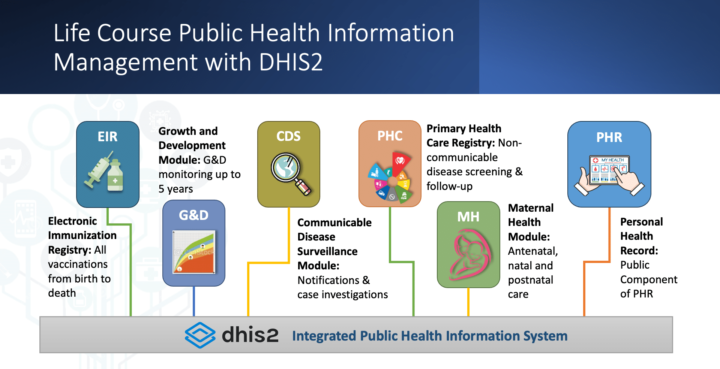
This “DHIS2 local capacity building initiative” is a critical step to ensure sustainability of the progress the MoH has made towards digitalization of the health sector, and demonstrates how shared technical resources and local capacity enable countries to leverage the potential of DHIS2 as a customizable, open-source, and locally-owned platform.
This article is based in part on a post by the Maldives’ Ministry of Health team on the DHIS2 Community of Practice.
